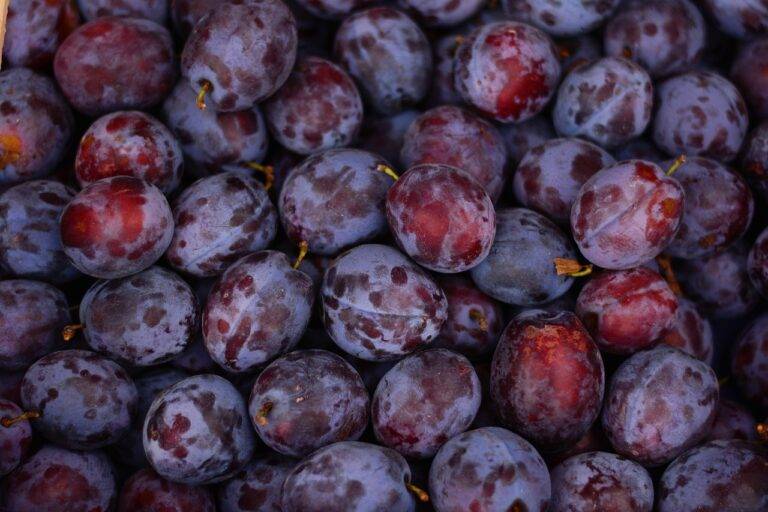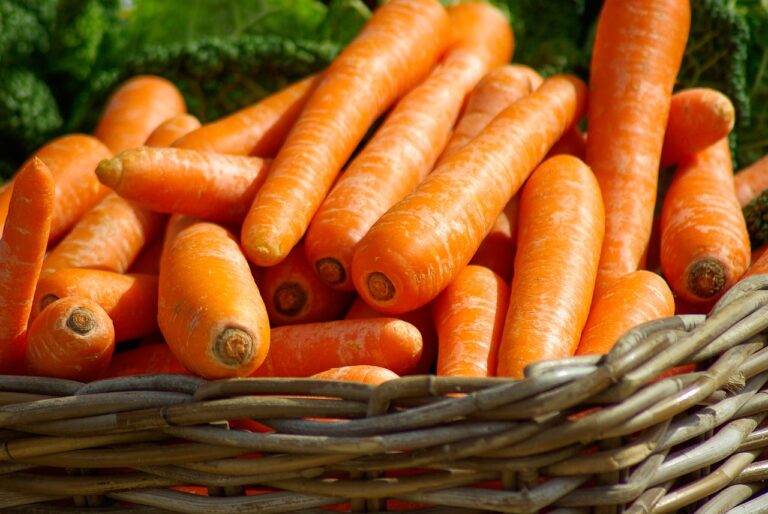The Impact of Food Industry on Sustainable Livelihoods for Indigenous Harvesters
The historical interaction between the food industry and indigenous harvesters has been fraught with complexity and challenges. From the early days of colonization, indigenous communities have faced exploitation and marginalization at the hands of the food industry. The industry’s focus on mass production and commercialization often clashed with the traditional, sustainable practices of indigenous harvesters, leading to a loss of cultural heritage and environmental degradation in many areas.
Indigenous harvesters have long struggled to maintain their traditional way of life in the face of the food industry’s encroachment. The industrialization of food production has disrupted the delicate balance that indigenous communities once had with their natural environment. This has resulted in the depletion of traditional food sources, loss of biodiversity, and a decline in the overall health and well-being of indigenous populations.
Indigenous harvesters have faced exploitation and marginalization by the food industry since colonization
The focus on mass production and commercialization clashes with traditional, sustainable practices of indigenous harvesters
Loss of cultural heritage and environmental degradation have been consequences of this historical relationship
Industrialization has disrupted the balance indigenous communities had with their natural environment
Depletion of traditional food sources, loss of biodiversity, and decline in health are challenges faced by indigenous populations
Challenges Faced by Indigenous Harvesters Due to Food Industry Practices
Indigenous harvesters face numerous challenges as a result of food industry practices. One significant issue is the depletion of natural resources due to overexploitation by large-scale agriculture and industrial fishing operations. This not only threatens the livelihoods of indigenous communities reliant on these resources but also disrupts the delicate ecological balance that sustains traditional harvesting practices.
Furthermore, the aggressive marketing and promotion of processed foods by the food industry have led to a decline in the consumption of traditional indigenous foods. This has not only had negative impacts on the health and well-being of indigenous populations but has also eroded cultural practices that have been passed down through generations. The shift towards processed and imported foods has also resulted in economic challenges for indigenous harvesters, as their traditional knowledge and skills are often undervalued in a market dominated by commercial food chains.
Impact of Food Industry on Indigenous Harvesters’ Traditional Practices
The food industry’s expansion has had profound implications for Indigenous harvesters and their traditional practices. The relentless pursuit of profit and mass production often disregards the sacred connection that Indigenous communities have with the land and their sustainable harvesting methods. This clash between commercial interests and cultural values has led to the erosion of traditional practices that have been passed down for generations.
Furthermore, the food industry’s use of pesticides, herbicides, and genetically modified crops can have devastating effects on the delicate ecosystems where Indigenous peoples rely on for sustenance. These harmful practices not only degrade the environment but also pose a threat to the health and wellbeing of Indigenous harvesters and their communities. The disruption of traditional food sources due to industrial agriculture has forced Indigenous peoples to adapt and find new ways to maintain their cultural practices in the face of mounting challenges.
What is the historical relationship between the food industry and indigenous harvesters?
The food industry has often disrupted the traditional practices of indigenous harvesters by introducing commercial farming practices, leading to the loss of traditional knowledge and the degradation of natural resources.
What challenges do indigenous harvesters face due to food industry practices?
Indigenous harvesters face challenges such as loss of access to traditional hunting and fishing grounds, contamination of natural resources by industrial activities, and competition with commercial enterprises.
How does the food industry impact indigenous harvesters’ traditional practices?
The food industry’s practices can lead to the erosion of indigenous knowledge and cultural practices, as well as the loss of biodiversity and traditional food sources for indigenous communities.







